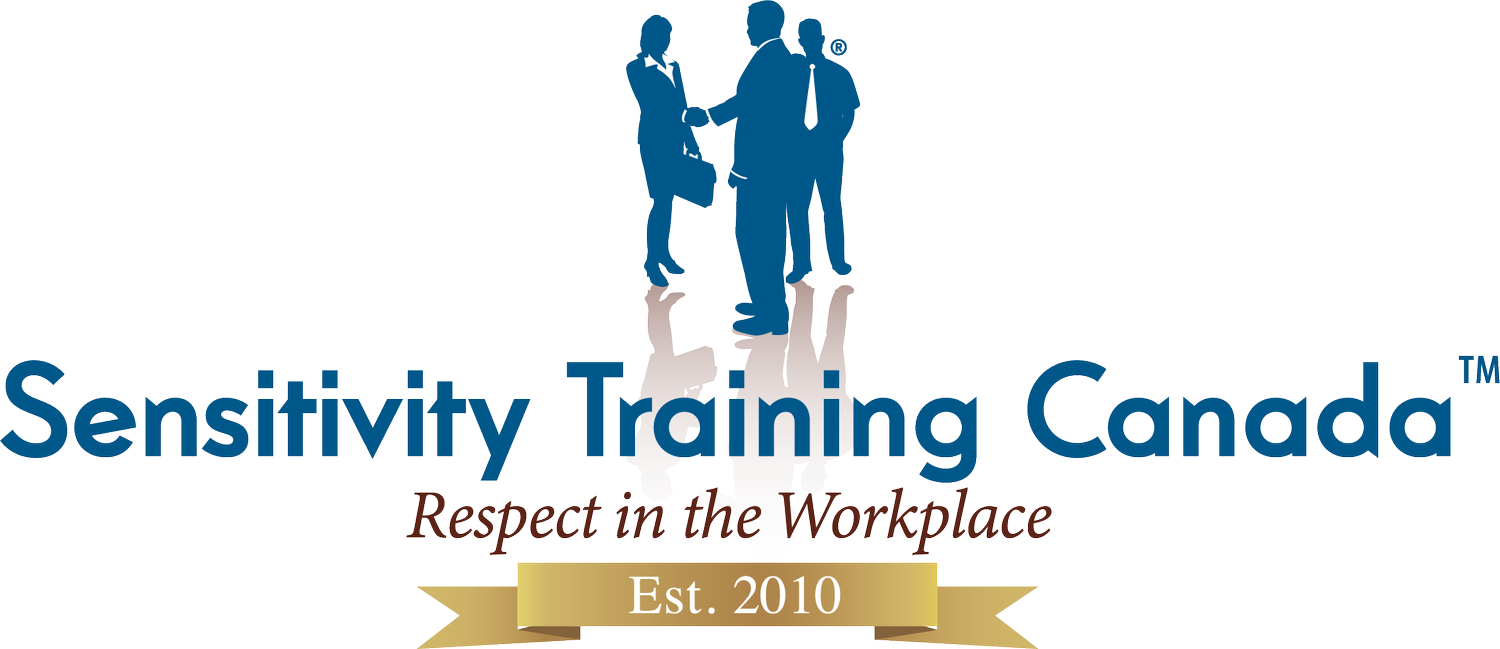Effective Communication: The Cornerstone of a Respectful Workplace
Communication is at the heart of every workplace interaction, shaping relationships, collaboration, and culture. When communication is clear, respectful, and intentional, it prevents misunderstandings, reduces conflict, and builds trust across teams. Conversely, poor communication can create frustration, disengagement, and a sense of disconnect between employees and leadership. In today’s fast-paced and diverse workplaces, mastering effective communication is no longer optional, it is a business necessity.
Effective communication starts with active listening. Too often, conversations in the workplace focus on responding rather than truly understanding. Active listening involves paying full attention to the speaker, asking clarifying questions, and acknowledging their perspective before responding. This approach not only builds trust but also ensures that employees feel heard and valued, a critical factor for engagement and morale.
Clarity and transparency are equally important. Ambiguous messages or vague feedback can lead to confusion and misalignment. Leaders should aim to communicate expectations, goals, and feedback in ways that are concise and actionable. Avoiding jargon, using plain language, and tailoring messages to the audience help ensure that communication is both inclusive and impactful.
Non-verbal cues also play a major role in workplace communication. Body language, tone of voice, and facial expressions often communicate more than words themselves. A warm tone, steady eye contact, and open posture can convey respect and empathy, while dismissive gestures or a rushed tone can send the opposite message. Awareness of these subtle elements helps strengthen workplace connections and prevent unintended misunderstandings.
Takeaway: Effective communication is more than just exchanging information, it is about creating connection, understanding, and respect. By listening actively, communicating clearly, and being mindful of non-verbal cues, organizations can build a culture where collaboration thrives, and employees feel genuinely valued.
The Sensitivity Training Canada
